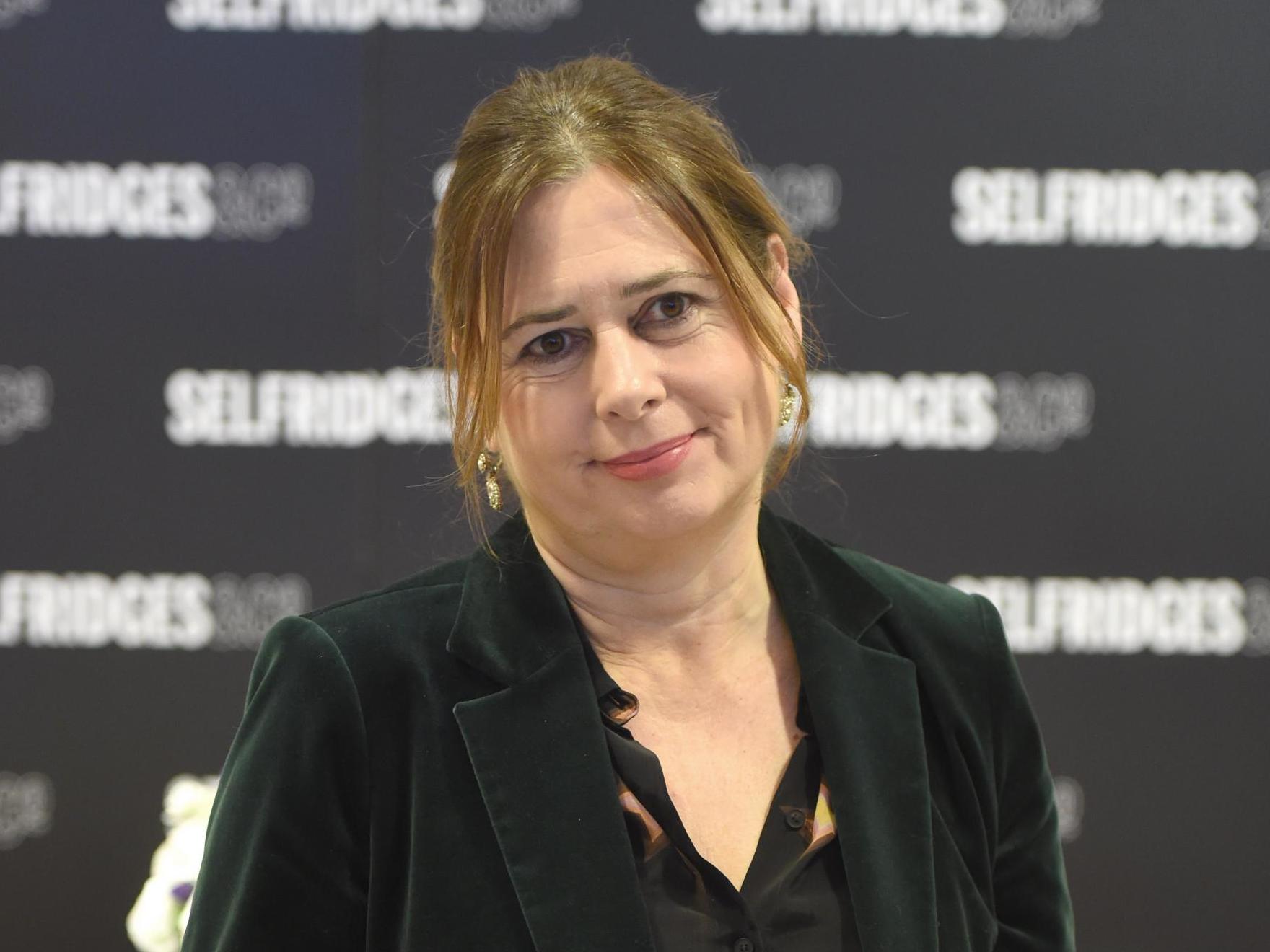Alexandra Shulman on leaving Vogue: 'I’m sad that I worked there for 25 years and that when I left that kind of bitterness emerged'
‘To be made a sort of persona non grata I think was unnecessary and really surprising,’ says Shulman

Your support helps us to tell the story
From reproductive rights to climate change to Big Tech, The Independent is on the ground when the story is developing. Whether it's investigating the financials of Elon Musk's pro-Trump PAC or producing our latest documentary, 'The A Word', which shines a light on the American women fighting for reproductive rights, we know how important it is to parse out the facts from the messaging.
At such a critical moment in US history, we need reporters on the ground. Your donation allows us to keep sending journalists to speak to both sides of the story.
The Independent is trusted by Americans across the entire political spectrum. And unlike many other quality news outlets, we choose not to lock Americans out of our reporting and analysis with paywalls. We believe quality journalism should be available to everyone, paid for by those who can afford it.
Your support makes all the difference.Alexandra Shulman has said she is “sad” that a “kind of bitterness emerged” when she left her job as editor of British Vogue after 25 years at the helm of the fashion bible.
When Shulman departed the magazine in 2017 and her successor, Edward Enninful, was revealed, criticisms circulated regarding the lack of diversity among her staff.
Naomi Campbell was among those to criticise Shulman, sharing a photo on Instagram of the editorial team at the time of her departure, all of whom appeared to be white.
“A narrative was growing up around British Vogue being a place that was filled with ‘posh white girls’ that he [Enninful] would be getting rid of,” Shulman recalls of the criticism in her new book, Clothes . . . and Other Things That Matter.
Now, in a new interview with The Times, Shulman has commented on how the comments made her feel.
“I’m sad that I worked there for 25 years and that when I left that kind of bitterness emerged,” she said.
“When I took over Vogue I really promoted the legacy of what my predecessor had done, so to be made a sort of persona non grata I think was unnecessary and really surprising.”
When asked whether or not she felt Enninful’s Vogue reflected a more elite demographic, she said: “What I will add to that is that it’s much more now what it was before I went in: more internalised about the fashion industry.
“The reason why I was given the job was because I was outside the industry, and was brought in to broaden it. I think now it’s reverted more to how it was prior to my being there.”
Shulman was careful not to criticise what her successor has done with the publication.
“I think Vogue is bigger than any one editor,” she said.
“And, you know, Edward has his passions and his talents and his mission that he wants to do with it. They’re not the same as mine, but that doesn’t mean he’s wrong to have them, or that it’s a worse magazine. It is different.”
Shulman continued: “But, I still think that Vogue is the thing that counts. I mean, you can ruin Vogue, but it would take a lot to do that. And I don’t think in any shape, size, or form, that’s what he’s doing. I mean, he’s very good on fashion.”
The former magazine editor also opened up about her past struggles with anxiety, revealing how she was taking anti-anxiety medication while working at Vogue.
“[Diagnosis] took about three months, during which time I constantly thought I was going to die,” she recalled.
Join our commenting forum
Join thought-provoking conversations, follow other Independent readers and see their replies
Comments